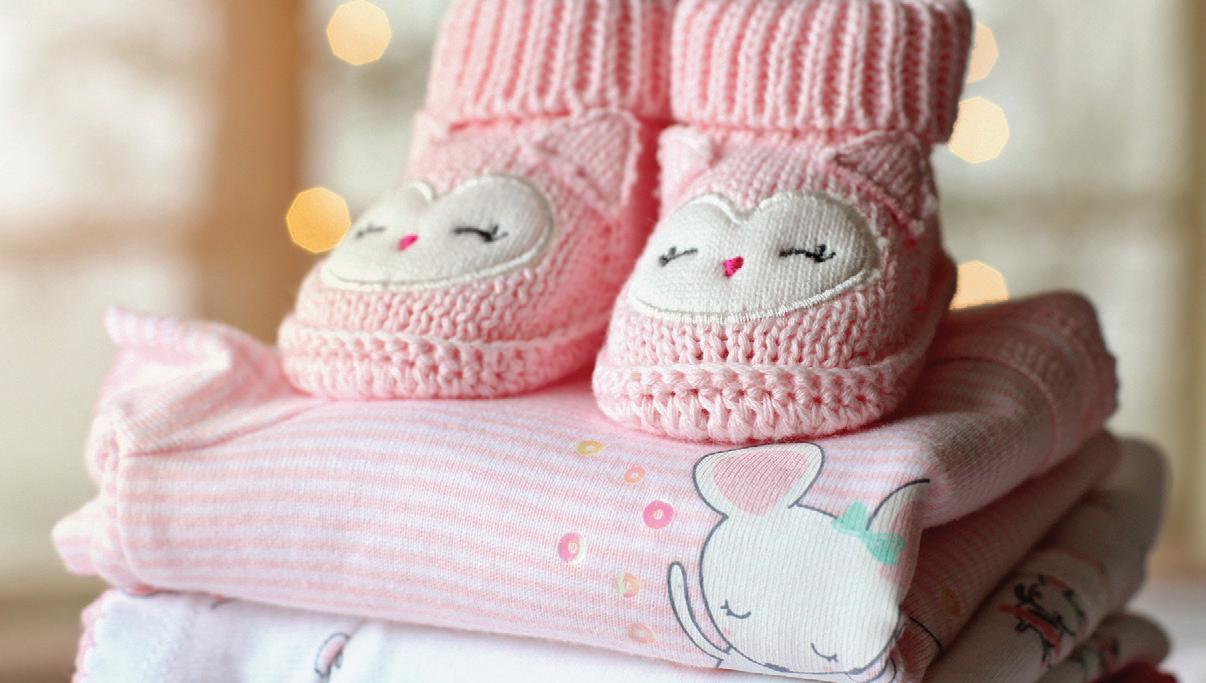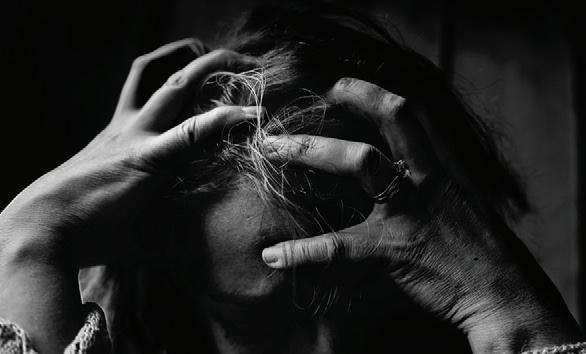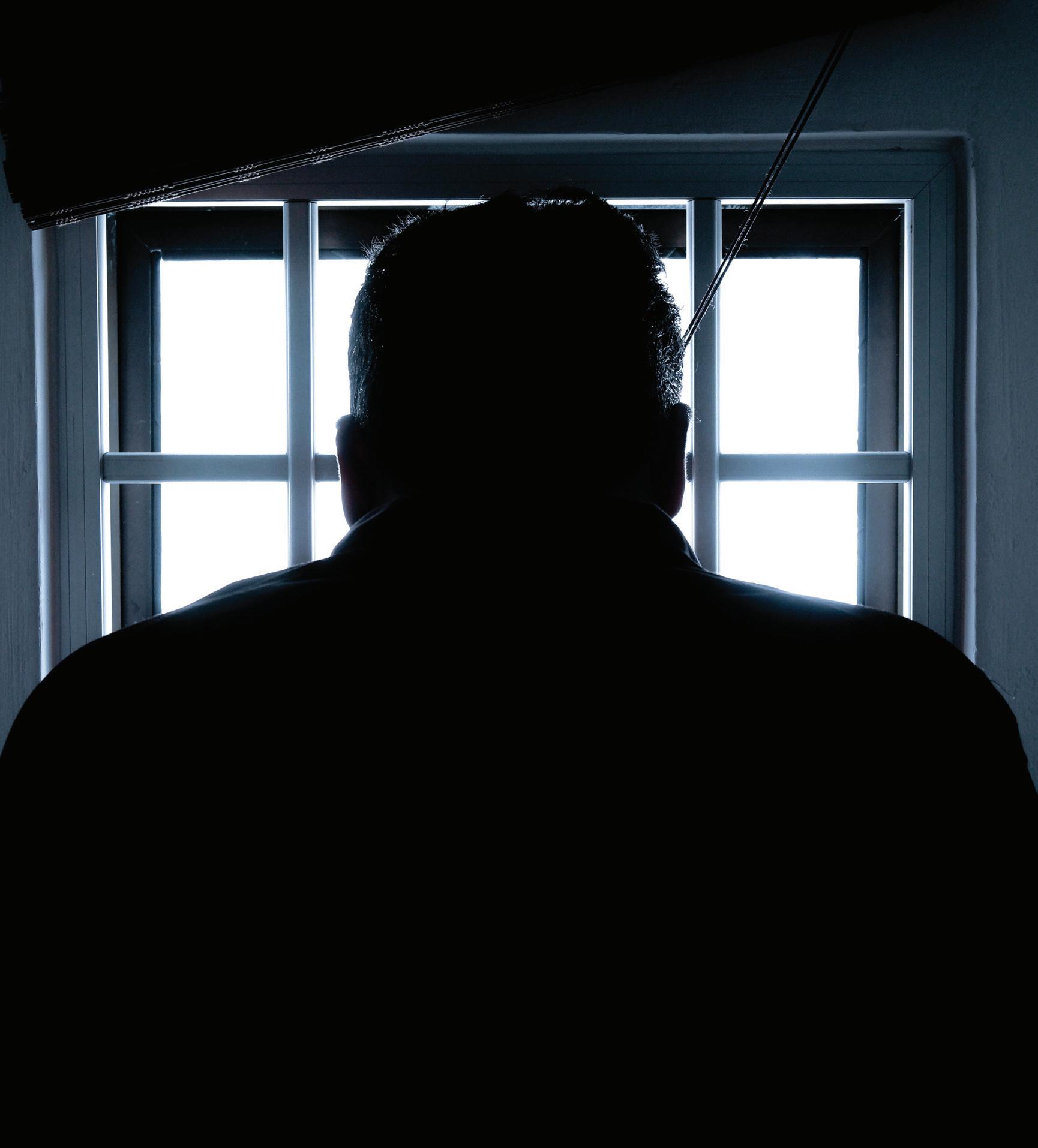
5 minute read
The Power of Fathers in the Life of the Unborn
from NGPC 2018 Magazine
When most people think of abortion and the life of the unborn, the focus is on the mother and the unborn child. But an overlooked cause of abortion is not centered on a woman and her baby. It is on the decision-making ability of the men in their lives.
More and more studies are showing that the decisions men make have a bigger impact on women and their view of sexuality and children than any other environmental factor. For instance, a recent study published in the journal Developmental Psychology shows the important role good dads play in preventing their daughters from engaging in risky sexual behavior.
The study revealed that daughters who spent more time in quality relationships with their fathers were less likely to engage in risky sexual behavior. They also were less likely to hang out with peers who engaged in such behavior. The simple decision by a father to spend meaningful time with his daughters helps to insulate their daughters from the kinds of behaviors that lead to unplanned pregnancies.
Melvin Konner, of The Wall Street Journal, covered the study from an scientific perspective. He wrote, “Biologists find that organisms in unstable environments grow up faster and start reproducing earlier than those in stable ones.” In other words, the more stability a father provides for his wife and children, the less likely they are to engage in risky “unstable” behavior. Stability breeds stability. But how do men create a stable environment for their children?
How Men Build Stable Lives
The answer lies in how the man builds his own life. Men who build their lives on an unstable foundation will find their lives – and the lives of those around them – crashing down in difficult times. But men who build their lives on a stable foundation will be able to provide the stability their family needs. because it had been founded on the rock. And everyone who hears these words of mine and does not do them will be like a foolish man who built his house on the sand. And the rain fell, and the floods came, and the winds blew and beat against that house, and it fell, and great was the fall of it.”

So the solid foundation men have to build their lives on is the teachings of Jesus. While many Christians believe salvation is all that men need to build a house on a solid foundation, Jesus said it’s not just hearing His words that’s important, but he who “does them” is a vital part of it. The writer of Hebrews agrees. Hebrews 6:1 says, “Therefore let us leave the elementary doctrine of Christ and go on to maturity....” In other words, salvation is just the start. Men have to move on to maturity. And maturity is growing in God’s word and using it to make life’s decisions on a daily basis.
Jesus said there’s only one stable foundation men can build on that will weather the storms of life. He said in Matthew 7:24-27, “Everyone then who hears these words of mine and does them will be like a wise man who built his house on the rock. And the rain fell, and the floods came, and the winds blew and beat on that house, but it did not fall, Men have to be stable in their relationship with God in order to provide a stable demonstration to their children of how stable relationships work. When men don’t have that stable relationship with God, they make decisions that appeal to their sinful desires – and relationships suffer.
The decisions men make show what their foundation is. And until we can teach men to effectively make biblical decisions, abortion will continue.
Take Tim (not his real name), for example. Twenty years ago, he made the decision to sleep with his then-girlfriend. Unbeknownst to Tim, his girlfriend of two years became pregnant with his child. She decided to abort the child – also without Tim’s knowledge.
“I called her to check in with her and she told me that she had gotten pregnant by me and that she had had an abortion without telling me. That was very hard for me to hear and to take because I didn’t get a chance to discuss it with her before she made that decision,” he says.
Tim says he would have asked his girlfriend to reconsider if he had been given the chance. He would have asked her to continue with the pregnancy. In fact, he would have gladly raised the child by himself if she didn’t want any involvement.
“She didn’t allow that to happen, which I think is very unfair,” he says. And now, almost two decades later, Tim is “still sad about it.”
Many would say the decision to have an abortion was his girlfriend’s decision. But as bad as that decision is, she never would have been in a position to make it had Tim made the biblical decision to not sleep with her until they were married. Tim loved his girlfriend. But these events ruined their relationship.
Men Who Support Abortion Suffer Spiritually, Emotionally, Psychologically, and Practically
The impact of poor decision making by men that leads to abortion is a growing area of study and concern. There are more than 28 informative studies on how abortion affects men and how they react to abortion. One study showed that most men feel overwhelmed. The study also showed that men experience disturbing thoughts of the abortion (Shostak & McLouth, 1984). Other studies suggest that men are less comfortable expressing their feelings of grief and loss. They’re less vulnerable. As a result, they will become passive, saying nothing, or they will become hostile, letting bitterness and anger lead to violence. It also affects how men will handle relationships in the future.

One study looked at how abortion impacts relationships (Coleman, Rue & Spence, 2007a). This study said that there were four ways it can affect men and their relationships. (1) Abortion causes men to exert greater control over the expression of painful emotions, intellectualize grief, and cope alone. (2) The abortion caused men to identify their primary role as a supporter for their partners, even after an abortion. This was true even if they opposed the decision. (3) The men were more likely to experience feelings of despair long after the abortion than women. And (4) men are more at risk for experiencing chronic grief.










